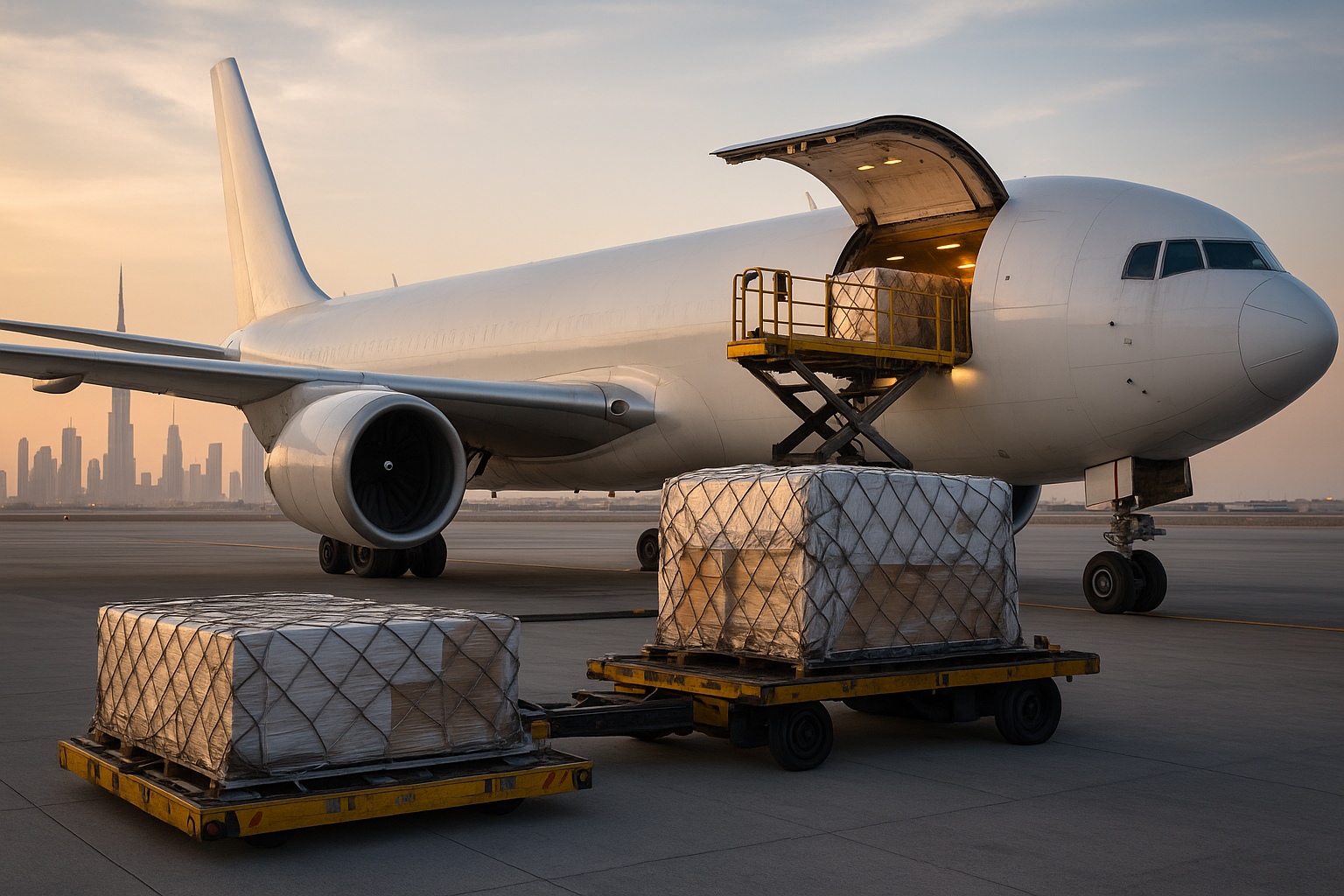In an era where time and flexibility can make or break global supply chains, cargo charters are becoming a go-to solution for businesses that need speed, customization, and control.
- The Rise of Bespoke Air Freight
Cargo charters offer a tailored alternative to traditional freight services. Unlike scheduled flights, charters operate on-demand, allowing companies to book a dedicated aircraft, choose specific departure times, and bypass congested cargo hubs. Whether it’s emergency medical equipment, high-value machinery, or time-critical retail goods, charters provide unrivaled adaptability.
A single Cargo Charter can be arranged in under 24 hours, often with loading and customs processes handled simultaneously across different zones.
- Aircraft Options for Every Scenario
Modern cargo fleets include a wide range of aircraft types:
- Boeing 737-400F: up to 20 tonnes, suitable for short-haul, fast deployment
- A330-200F: approx. 60 tonnes for general freight or pharmaceuticals
- Boeing 747-400F: long-haul capacity of 100+ tonnes, ideal for oversized or palletized goods
These options provide flexibility not only in terms of volume but also in route design — bypassing bottlenecks and optimizing for speed.
- Sustainable and Secure Transport
With increasing emphasis on carbon responsibility, some cargo charter providers now offer carbon offsetting or fully carbon-neutral flights. Additionally, the ability to bypass layovers and transshipment points enhances cargo security — a crucial factor for sensitive or confidential shipments.
Conclusion
While once reserved for emergencies, cargo charters are now integral to modern logistics strategies. Their blend of speed, security, and control positions them as a strategic asset in a fast-moving global market.
Source: Sponsored Content
